Mozambique: Frelimo members salute Chapo in Maputo
Mozambique: Police claim 371 arrests during unrest – AIM report
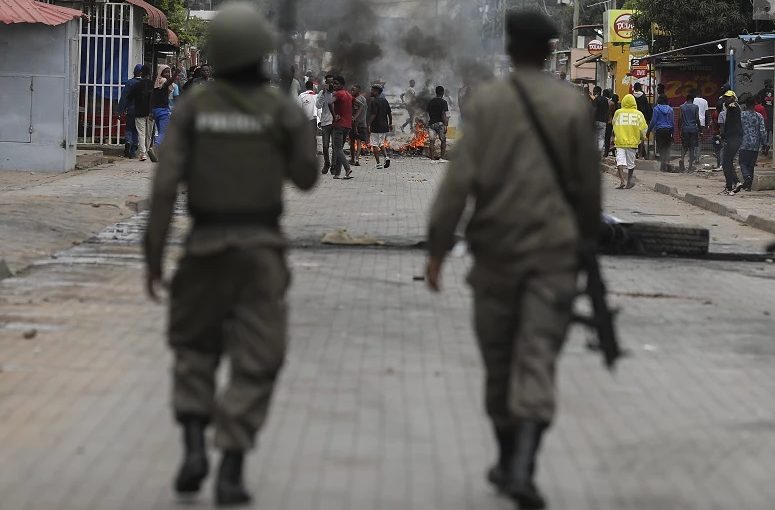
File photo: Luisa Nhantumbo( Lusa
The Mozambican police (PRM) announced on Friday afternoon that it arrested 371 people on Thursday in connection with the demonstrations called by independent presidential candidate Venancio Mondlane in protest against the results of the presidential, parliamentary and provincial elections held on 9 October.
Mondlane described the results, which gave an overwhelming victory to the ruling Frelimo Party, as an enormous fraud, and claimed that, according to the parallel vote count undertaken by his supporters, in reality he had won and should therefore be the next President.
But neither the National Elections Commission (CNE), nor Mondlane, have produced the polling station minutes and results sheets (“editais”) that would prove their claims.
To make matters much worse, on 19 October unidentified assassins murdered Mondlane’s lawyer, Elvino Dias, and Paulo Guambe, an election agent of the Podemos party, which supported Mondlane’s presidential bid.
Mondlane called a one day national strike last Monday, followed by a two day strike on Thursday and Friday, coinciding with the CNE’s announcement of the election results.
The strikes degenerated into violent clashes between protestors and police in various parts of the country, particularly Maputo.
At a Friday press conference, the national police spokesperson, Orlando Mudumane, said 371 people had been arrested in the Thursday demonstrations. The cases have been remitted to the Public Prosecutor’s Office for criminal proceedings.
“As a result of these criminal acts, 20 people were injured, including eight members of the police”, said Mudumane.
Across the country, there had been 52 incidents linked to Mondlane’s strike call – including 19 cases of “generalized public disorder”, 17 attacks on and looting of shops, and 11 cases of destruction of public and private infrastructure. Two vehicles were set on fire, and there was one attempt to invade a police station,
Mahumane claimed that the police respects the freedom of assembly and demonstration, but only within the limits set by the law. He said the police would not tolerate any “subversive acts intended to cause convulsions and social chaos”.
But Mudumane’s summary only covered Thursday, while the rioting continued into Friday. In sporadic clashes the police used tear gas and sometimes live ammunition against the Maputo protestors. Clouds of smoke, some from the tear gas, some from piles of burning tyres used by the demonstrators, swirled over the city.
The demonstrations halted traffic on some of the capital’s main roads, and there were cases where the police had clearly lost control. Thus on the Maputo Ring Road, the demonstrators threw up barricades, and even charged an informal toll for motorists to drive past the obstacles.
Journalists from the independent television station STV watched as the demonstrators harassed motorists, asking where they were going and demanding a fee from each vehicle. There was no sign of the police.
By Saturday morning, the city was calm, and there was no further unrest. However, this may be a short respite: speaking from a hideout, believed to be somewhere in South Africa, Mondlane promised further demonstrations for Monday, although he gave no details.
The economic losses from three days of strikes and demonstrations must be enormous. Although the government, and business leaders, called on all citizens to ignore Mondlane’s strike call, and go to work as normal, in reality much of Maputo and the neighbouring city of Matola shut down.
On Friday, most shops and banks in central Maputo did not open. Even the headquarters of public enterprises, such as the water and electricity companies, ignored the government appeals and remained closed.


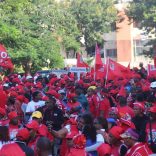
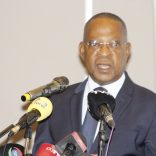
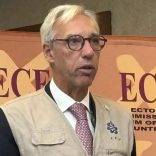

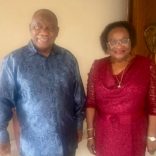
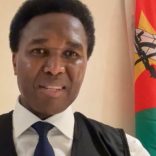

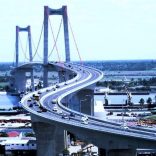

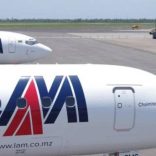
Leave a Reply
Be the First to Comment!
You must be logged in to post a comment.
You must be logged in to post a comment.